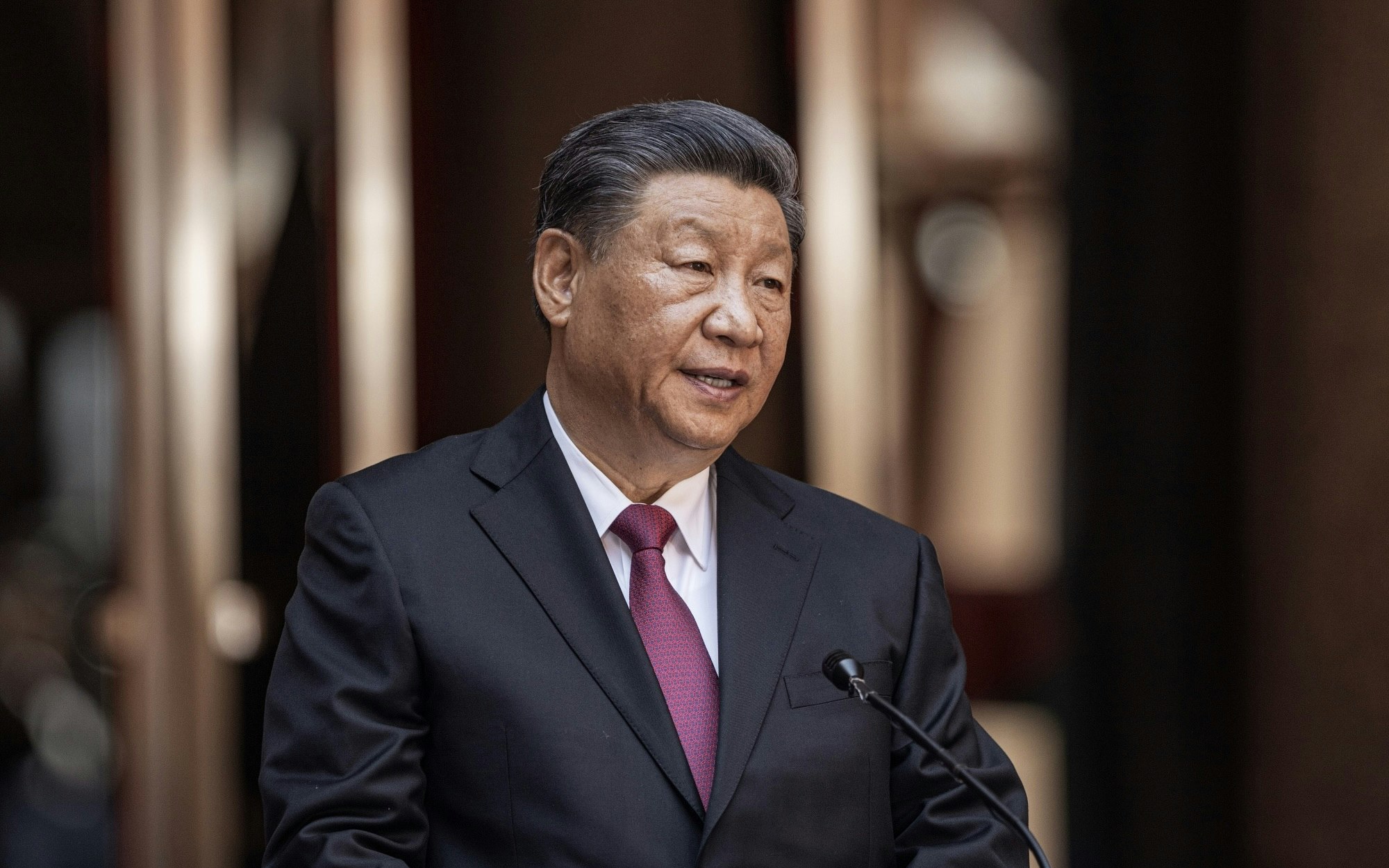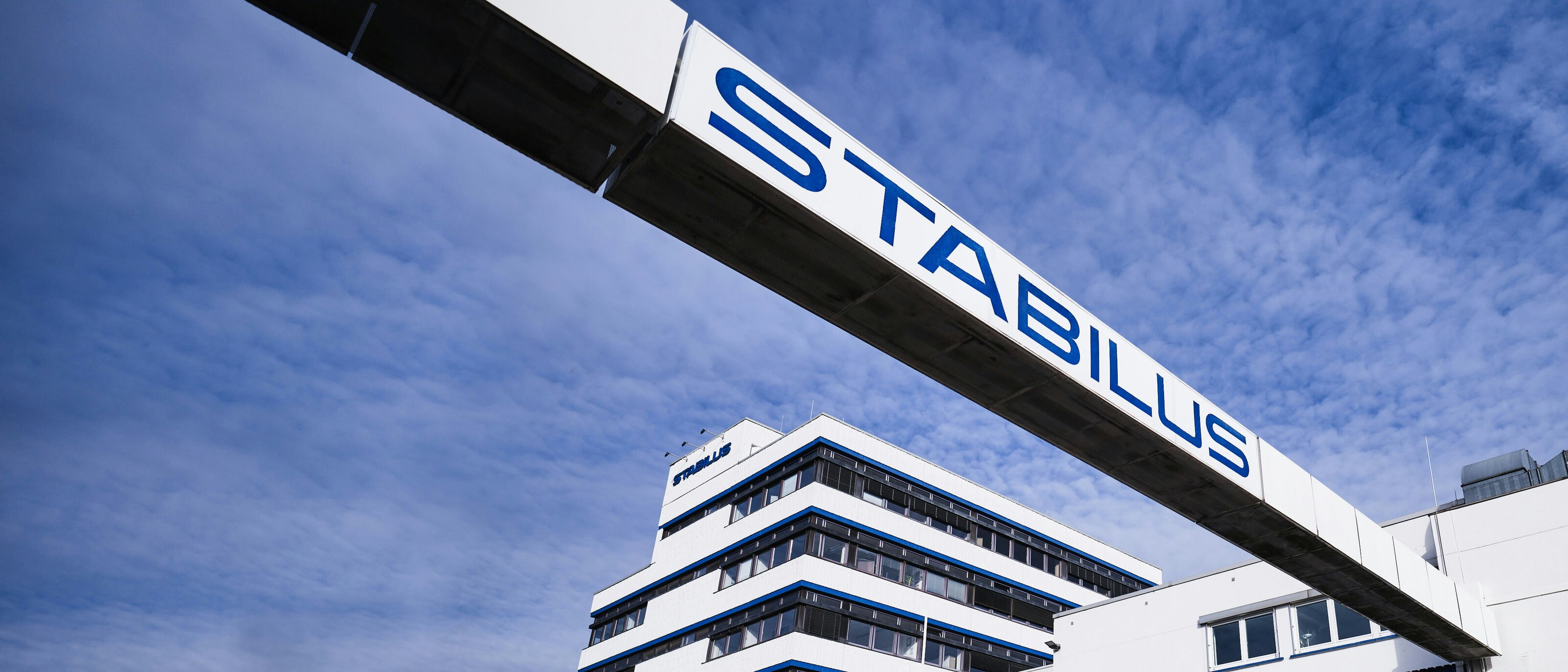Recent Successes of China in Artificial Intelligence and Industrial Production Have Rekindled an Old Economic Fear: Is the West Inefficient, While China Catches Up with Leaner, Smarter Processes? The Answer Might Lie in a Japanese Concept that Once Changed the Global Competitive Landscape – Kaizen, the Approach of Continuous Improvement.
Kaizen: Japan's Economic Success Model and China's Adaptation
In the 1980s, Kaizen became the epitome of Japanese competitiveness.
But as Japan's growth phase flattened, China adopted the principle—and adapted it with new methods. Today, China's successes in areas such as e-mobility, high-speed trains, robotics, and semiconductor technology are not only the result of state subsidies or aggressive technology acquisitions. Rather, Chinese companies have developed their own Kaizen approach, which is faster and more disruptive than the Japanese original.
DeepSeek as a Symbol for China's New Kaizen
The shock over the sudden market introduction of DeepSeek, a highly advanced AI model at significantly lower costs than Western alternatives, has highlighted this dynamic. The principle of continuous, pragmatic improvement is evident not only in the software but also in the underlying hardware industry.
Chinese manufacturers rely on three decisive factors:
- Skalierbarkeit: Chinas schiere Größe erlaubt es, Kaizen in einer Dimension zu betreiben, die Japan nie erreichen konnte.
- Dynamische Märkte: Kundenfeedback wird in Echtzeit integriert, wodurch Produktzyklen beschleunigt werden.
- Wissenstransfer: China gewinnt zunehmend Know-how durch japanische Ingenieure, die nach ihrer Frühverrentung als Berater angeworben werden – ohne Geheimnisse zu verraten, aber mit wertvoller Erfahrung aus jahrzehntelanger Trial-and-Error-Optimierung.
A Paradigm Shift for the West?
While the West is still busy explaining China's technological successes - be it through state support, intellectual property theft, or economic protectionism - a new, systematic culture of innovation has long been developing there.
Kaizen may originate from Japan, but China has shaped it into a market-effective strategy that challenges Western industries. The question is no longer whether China can keep up – but how the West will respond to such an accelerated form of continuous improvement.





